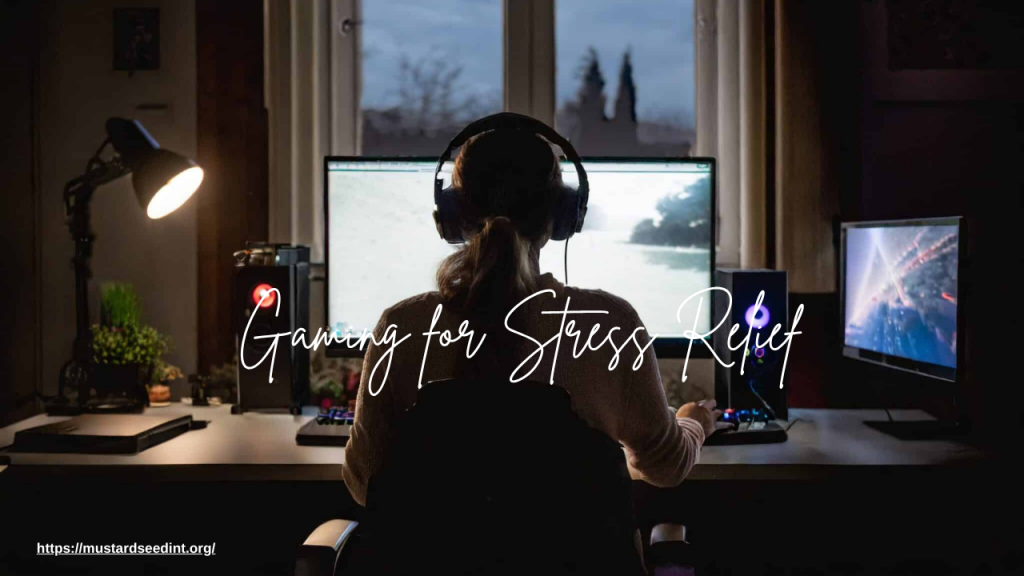
In today’s fast-paced and demanding world, stress has become a common experience for people of all ages. For many, video games serve as a way to relax, unwind, and disconnect from everyday problems. However, when gaming becomes a primary or exclusive method of dealing with stress, it can cross the line from a healthy hobby into a harmful addiction. Understanding how gaming addiction can become a coping mechanism for stress is essential for identifying the signs early and promoting healthier ways of managing emotional struggles.
Why People Turn to Gaming for Stress Relief
Gaming offers immediate gratification and an escape from the challenges of real life. Whether it’s through solving puzzles, completing quests, or exploring new worlds, video games provide players with a sense of control, achievement, and pleasure. These positive feelings can be especially appealing to someone experiencing stress, anxiety, or depression. In the game world, players can take on roles of power and success, often in contrast to how they feel in reality.
For teenagers and young adults, who may struggle to express emotions or seek help, gaming becomes a safe, non-judgmental space to avoid discomfort. Over time, this habit can evolve into a reliance, where gaming becomes the primary way to cope with negative emotions.
The Link Between Escapism and Addiction
Escapism through gaming isn’t inherently bad. Everyone needs a break sometimes. However, problems arise when it becomes a person’s main or only way of managing stress. Instead of dealing with problems directly, a person may bury themselves in games to avoid facing school pressure, family issues, loneliness, or low self-esteem.
This type of avoidance can create a dangerous cycle: stress leads to gaming for relief, but excessive gaming creates new problems—missed responsibilities, damaged relationships, or poor academic performance. These consequences then increase stress, reinforcing the need to escape again, further deepening the addiction.
Warning Signs of Gaming as Unhealthy Escapism
It can be difficult to tell when gaming shifts from harmless fun to harmful avoidance. Here are some red flags:
- Using games to escape negative emotions regularly
- Feeling anxious, irritable, or depressed when not gaming
- Losing interest in real-life activities and relationships
- Ignoring responsibilities or daily needs (sleep, hygiene, school/work)
- Denying or minimizing the amount of time spent gaming
Healthier Ways to Cope with Stress
While gaming can be one outlet for stress relief, it’s important to develop a broader set of coping tools. These might include:
- Physical activity: Exercise boosts mood and reduces tension
- Creative outlets: Art, music, or journaling can help process emotions
- Talking it out: Sharing feelings with a trusted friend, parent, or therapist
- Mindfulness and relaxation: Practices like deep breathing or meditation help calm the mind
- Balanced routines: Scheduling time for school, socializing, rest, and hobbies
Conclusion
Gaming can offer temporary escape and emotional relief, but when used excessively as a coping mechanism, it can lead to addiction and greater stress in the long run. Recognizing the signs and encouraging healthy coping strategies are key to helping individuals—especially young people—maintain emotional balance. With the right support and awareness, it’s possible to enjoy gaming while still facing life’s challenges head-on.